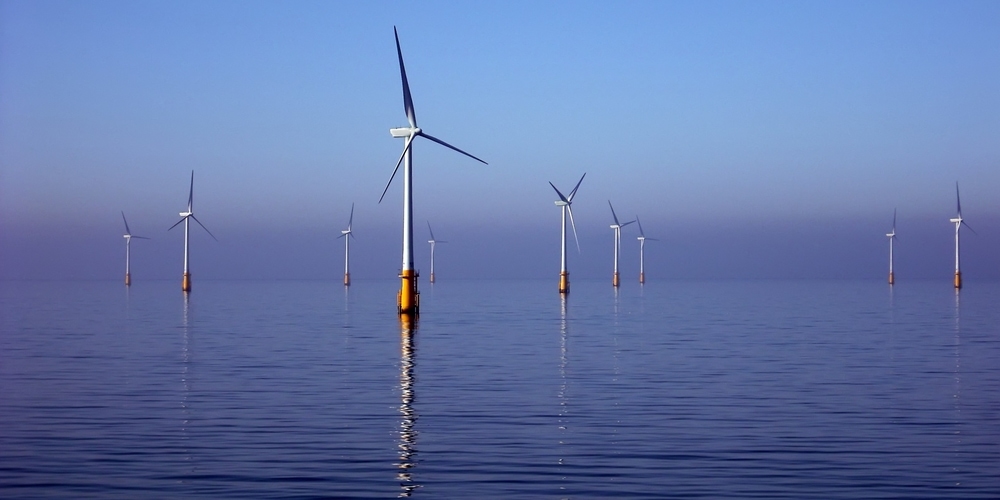The UK is going clean. According to the Department of Business and Industrial Strategy of the UK Government, the nation has produced 30% of the total electricity only through renewable resources in 2017. Moreover, a 50% share of total electricity is from low carbon sources which include renewables and nuclear sources.
There has been a renewable boom in the energy sector in the past five years with more solar and wind farms setting up in the country. Solar, wind, hydropower, and biomass are responsible for 29.3% of the UK’s electricity, to be specific.
The major player of renewable power is wind. The offshore wind farms in the UK have contributed 6.2% of total power while the onshore farms have provided 8.6% of power. So, the wind power has a total contribution of 14.8%. That’s really impressive compared to 11% in the previous year.
As the sun rarely comes out in Britain, it still remains a minor contributor in the electricity charts with only 3.4%.
In 2012, the figure for renewables was only 11.3%. The UK has come a long way reducing its carbon footprint and going green.
The coal is suffering from a sharp decline. It has toppled down from 39% in 2012 to just 6.7% in 2017. The government is focussing on renewable energy and coal plants are constantly being shut down.
The share of electricity from gas is also shrinking slowly but it still is a major contributor with 40.4% of electricity share coming from gas.
It’s a record for the UK. The carbon emissions have approximately fallen by 3.2% in just one year. Even for the 2018 start, the figures look positive and shown record-levels for renewable power.
Emma Pinchbeck, executive director of RenewableUK commented: “Today’s record figures demonstrate how fast renewable energy is transforming the way we generate power to create an energy system fit for the future. This is a radical shift, and we will see ever more low-cost renewables meeting flexible demand from homes, electric vehicles and new manufacturing processes and industries.”
“It’s great to see that the UK’s cheapest power source, onshore wind, is making such a significant contribution to the nation’s power needs,” she said. “So it’s baffling that the Government is still excluding new onshore wind projects from the marketplace. Opinion polls show that two-thirds of people think ministers should change their current policy and allow onshore wind to go ahead where it has local support, and most Conservative voters agree with them.”

